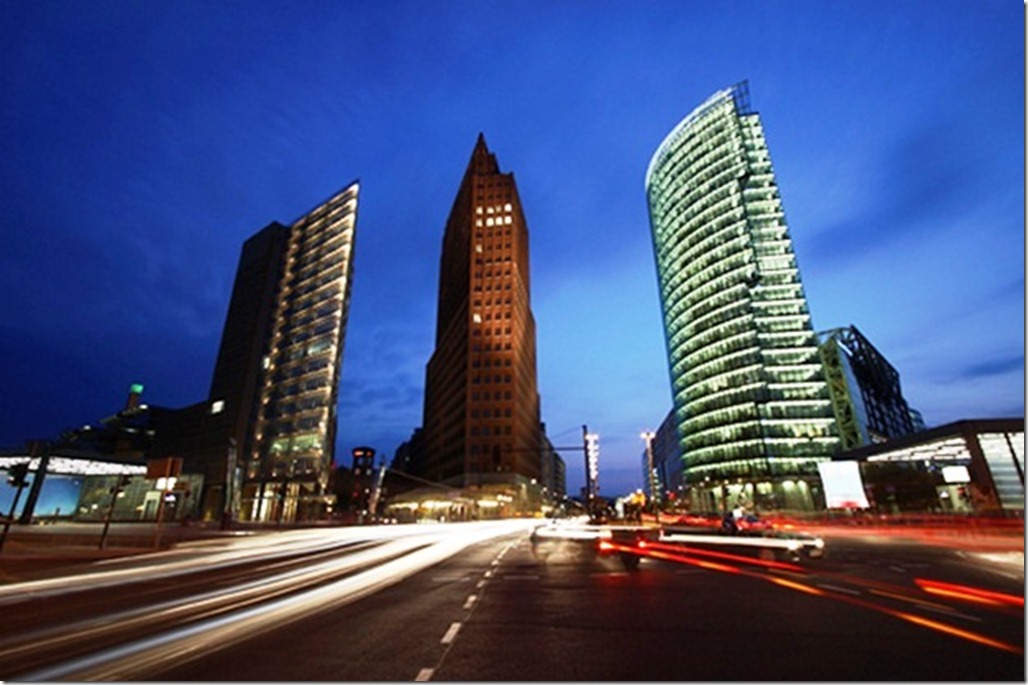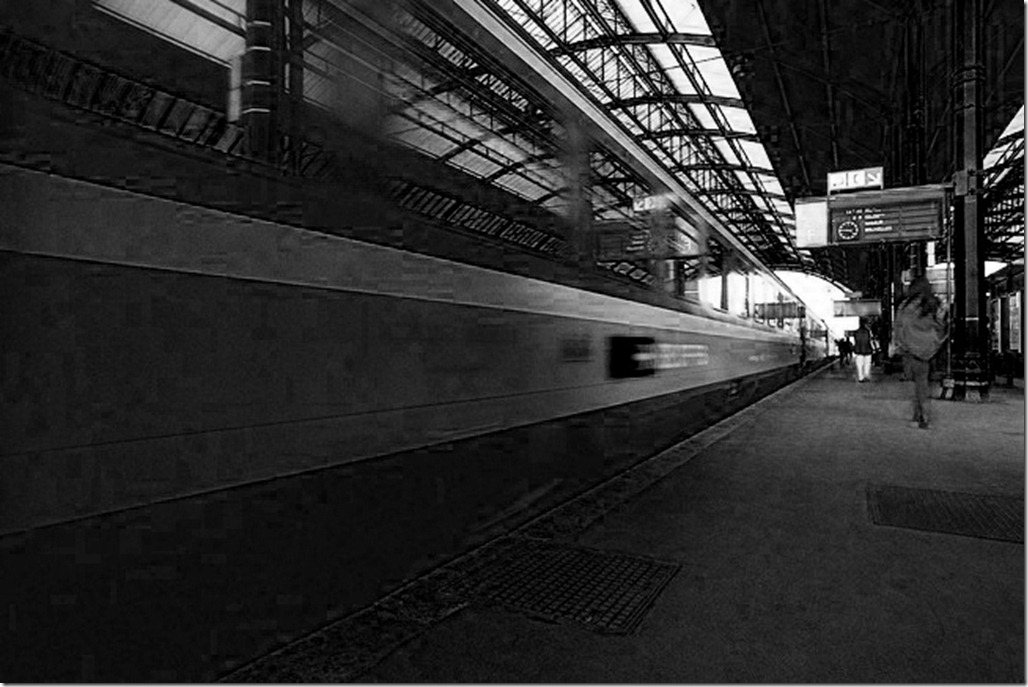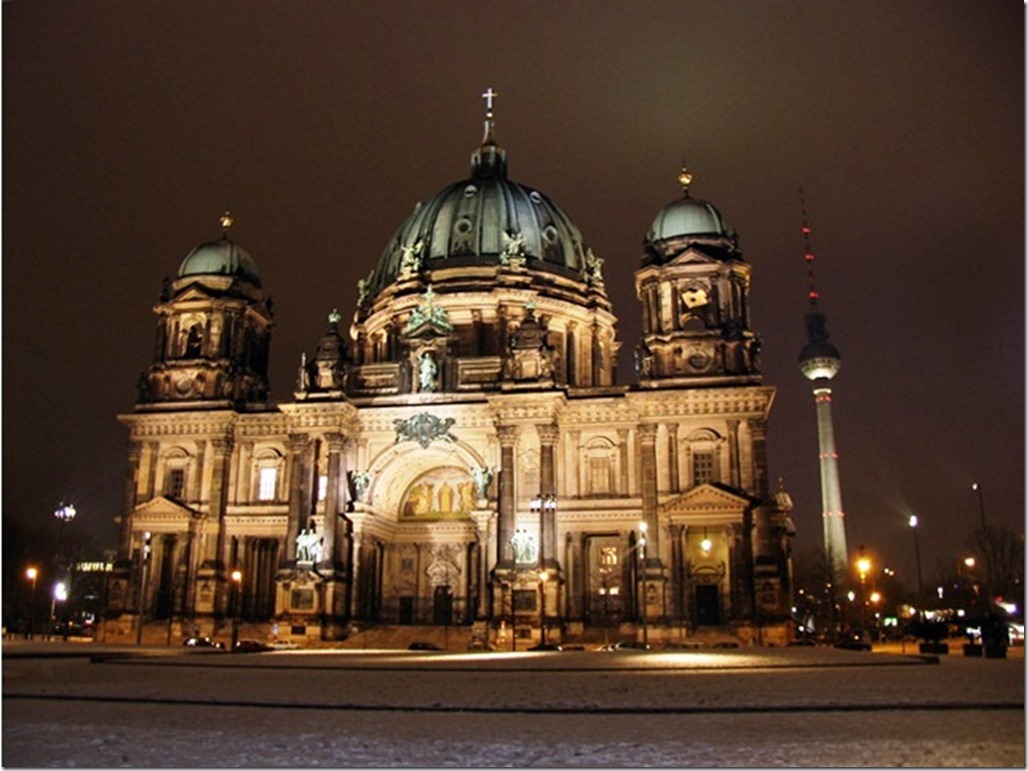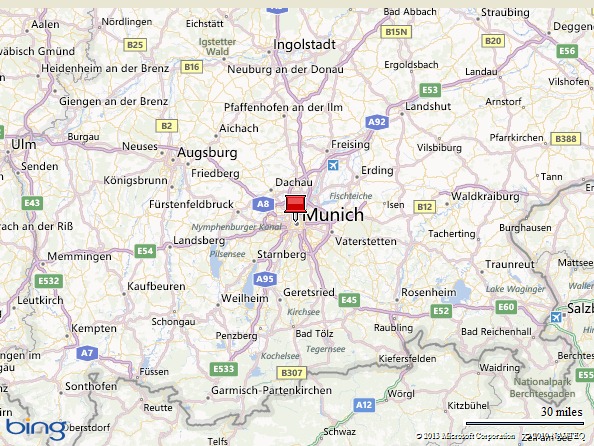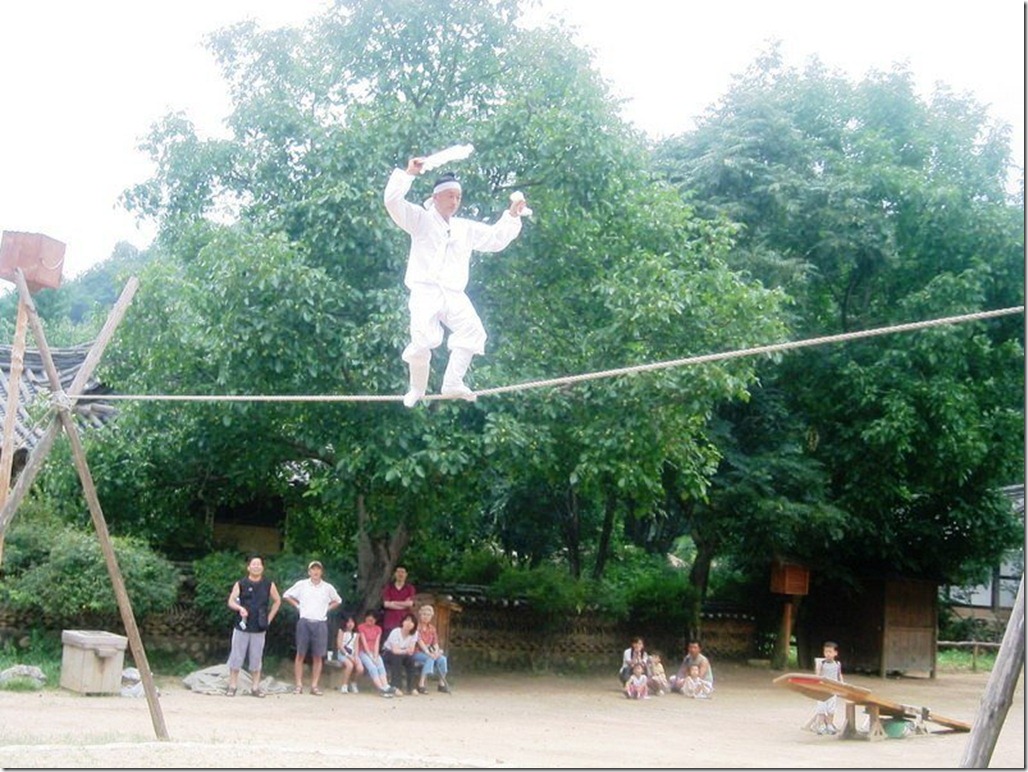Eurasia: A Respite to Rosenheim
This is the sixth installment of a story chronicling my travels in 1994 as a college student. The six-month journey took me to 20 countries in Europe and Asia.
I woke up from a fitful slumber unsure of my location until I remembered that I was on a train somewhere in Bavaria far from anyone or anyplace I knew. I didn’t even know where I was in Germany! The night kept me from getting a good look at the countryside as the high-speed train sped toward Munich like a bullet on silver tracks that cut through the darkness like a knife. The occasional lamp post flickered by, reminding me of a firefly leaving behind a wobbly trail. The luggage stowed overhead groaned as the train’s wheels bounced on the rails. For the time being, this was my world.
The train arrived in Munich about 9 p.m. My only view of the city was a broad boulevard as wide as a runway that stretched away from the train station. It was lit up like Christmas by cars, street lights, and neon signs, the biggest of which was the oversized BMW medallion adorning the company’s headquarters. This was my sole memory of Munich at the time. I have to come back and check out this place someday, I thought, a promise I fulfilled years later.
I disembarked at Munich’s Hauptbahnhof train station to catch my connection to Rosenheim. Throwing my luggage and myself on the platform, I struggled to locate my departing gate from among the mess of local connections scattered across the byzantine reader board. Rosenheim was just one of several stops on a slower commuter route through Bavaria. My eyes wandered from the board to my ticket to the trains and back until an attendant pointed me in the right direction.
The same drill I learned in Frankfurt played out in Munich as my feet trudged to the gate to wait what seemed like an eternity for the Rosenheim train. The building’s interior reminded me of the German stations depicted in World War II films with its aging architecture that once had a pre-modern elegance but had grown blighted by cracked pavement, sooty fixtures, and smoky air spewing from older trains. Time moved ever slower as I waited to leave, anxious to move on.
I dragged my life onto the train, tossed it overhead, and settled into a wagon with few seats to spare. I sat down next to a young Japanese man named Koji who was headed to Vienna. His affable demeanor gave me a nice respite from the monotony of listening to the sounds of the rail, a common soundtrack in the days before the birth of portable MP3 players. Conversing in English and bits of Japanese, Koji told me of his frustration in exaggerated expressions of traveling by rail in Europe. I laughed at his mimes, flailing hands, and his gruff, smoke-laden chuckles that kept me entertained all the way to Rosenheim.
We were two weary travelers getting by in a strange land, but somehow we managed. Koji spoke little English or German, and my knowledge of the Japanese language was limited to “hello,” “goodbye,” “thank you,” car brands, and sushi dishes. At least I could speak the local language, albeit marginally.
When the train arrived at the Rosenheim Station, I waved goodbye to my new friend and disembarked. I never saw Koji again. I’m not sure how he fared but was certain he finally reached his destination.
To be continued.
Previous installments of Eurasia:
3. Adventures in Frankfurt (Part One)
4. Adventurers in Frankfurt (Part Two)
Images courtesy of Microsoft.
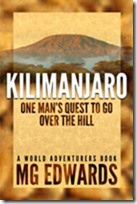 M.G. Edwards is a writer of books and stories in the mystery, thriller and science fiction-fantasy genres. He also writes travel adventures. He is author of Kilimanjaro: One Man’s Quest to Go Over the Hill, a non-fiction account of his attempt to summit Mount Kilimanjaro, Africa’s highest mountain, a collection of short stories called Real Dreams: Thirty Years of Short Storiesand Alexander the Salamander, a children’s story set in the Amazon. His books are available to purchase as an e-book and in print from Amazon.com and other booksellers. He lives in Bangkok, Thailand with his wife Jing and son Alex.
M.G. Edwards is a writer of books and stories in the mystery, thriller and science fiction-fantasy genres. He also writes travel adventures. He is author of Kilimanjaro: One Man’s Quest to Go Over the Hill, a non-fiction account of his attempt to summit Mount Kilimanjaro, Africa’s highest mountain, a collection of short stories called Real Dreams: Thirty Years of Short Storiesand Alexander the Salamander, a children’s story set in the Amazon. His books are available to purchase as an e-book and in print from Amazon.com and other booksellers. He lives in Bangkok, Thailand with his wife Jing and son Alex.
For more books or stories by M.G. Edwards, visit his web site at www.mgedwards.com or his blog, World Adventurers. Contact him at me@mgedwards.com, on Facebook, on Google+, or @m_g_edwards on Twitter.
© 2013 Brilliance Press. All rights reserved. No part of this work may be reproduced or transmitted without the written consent of the author.

